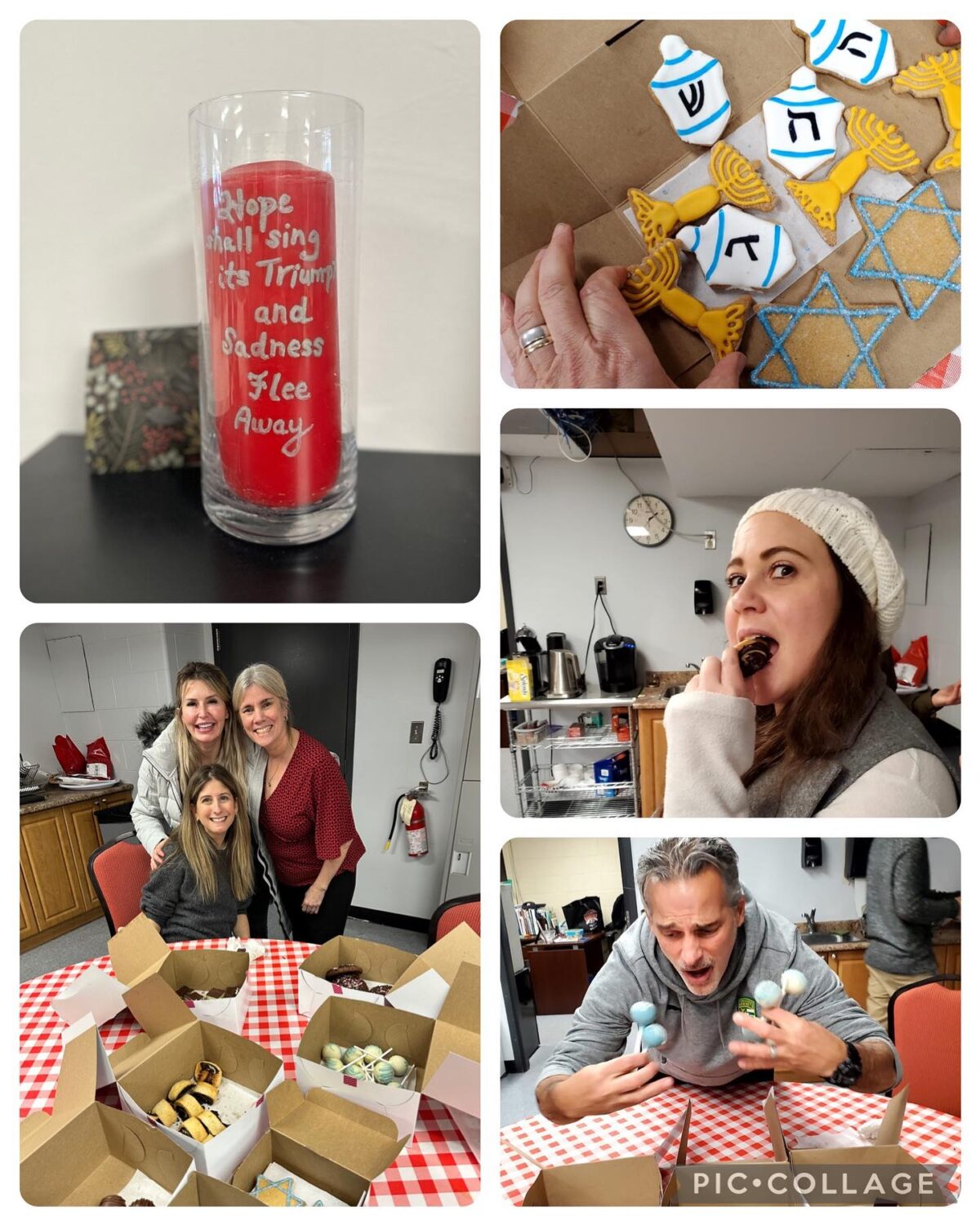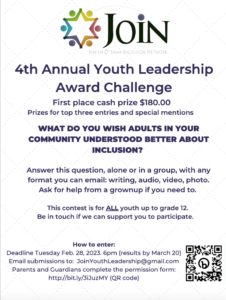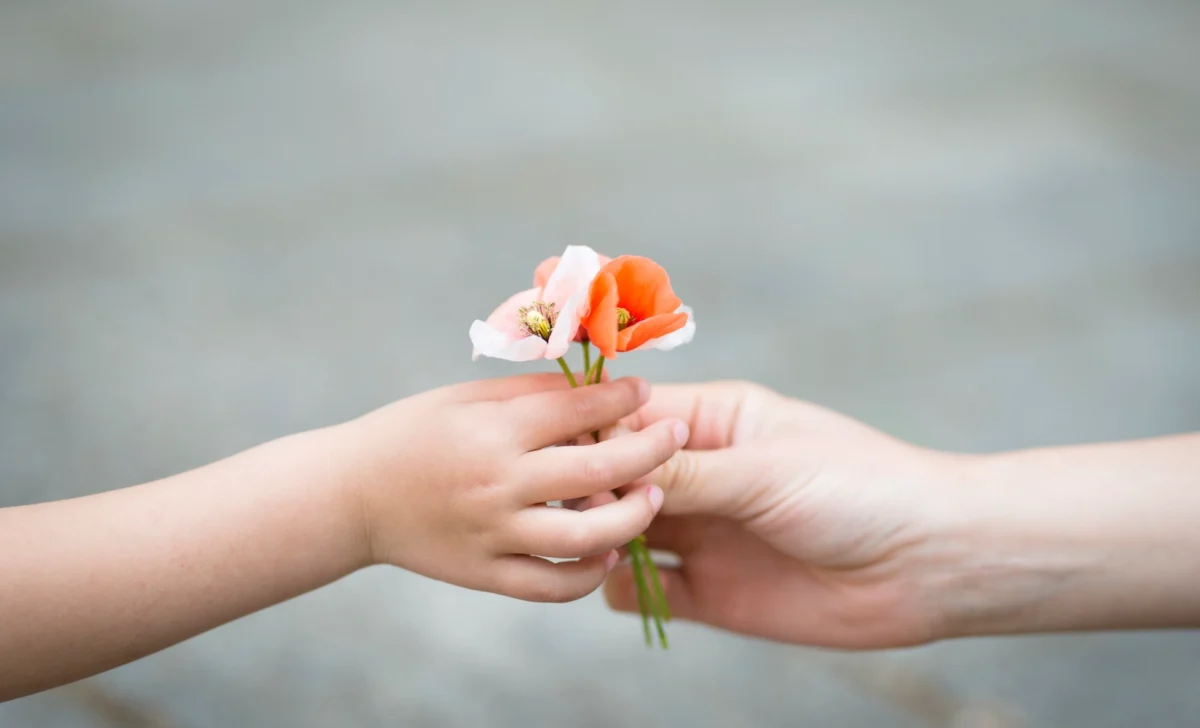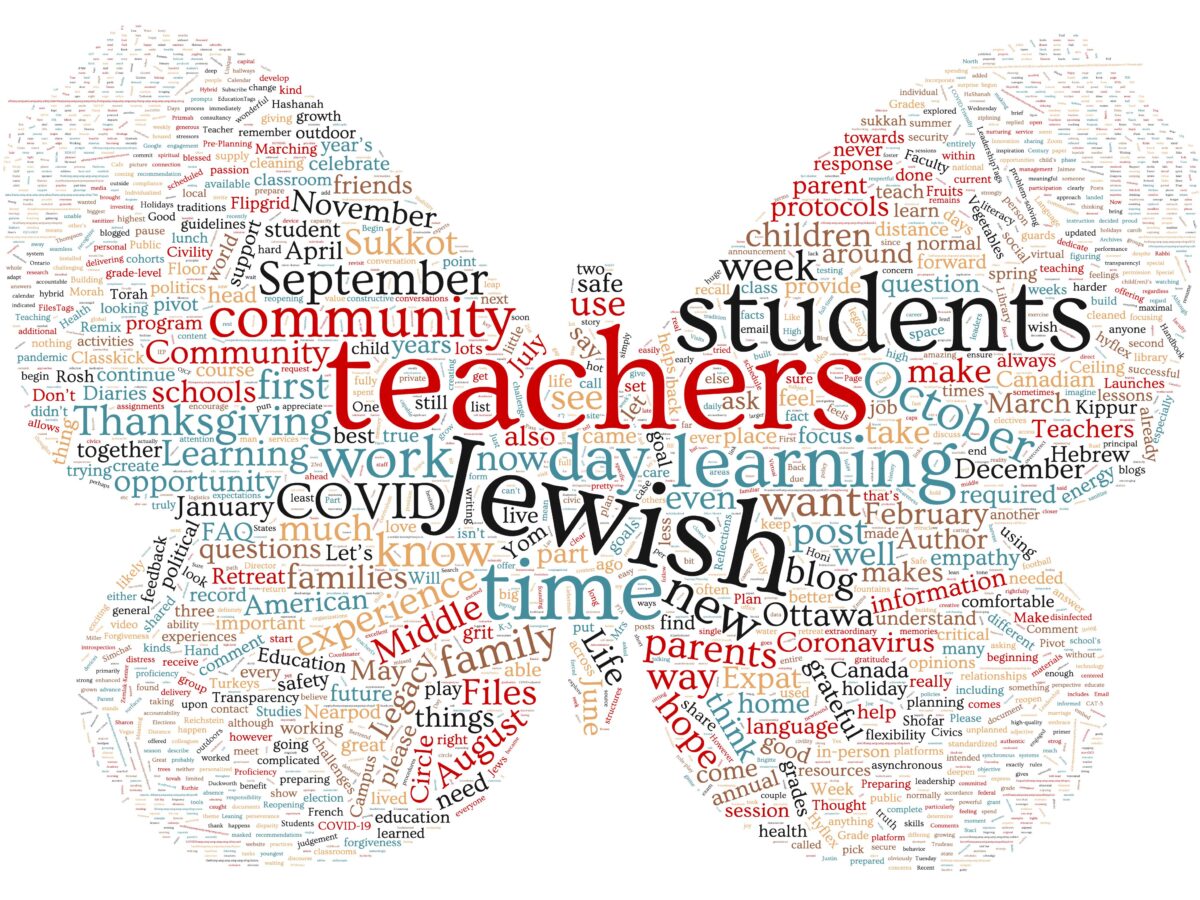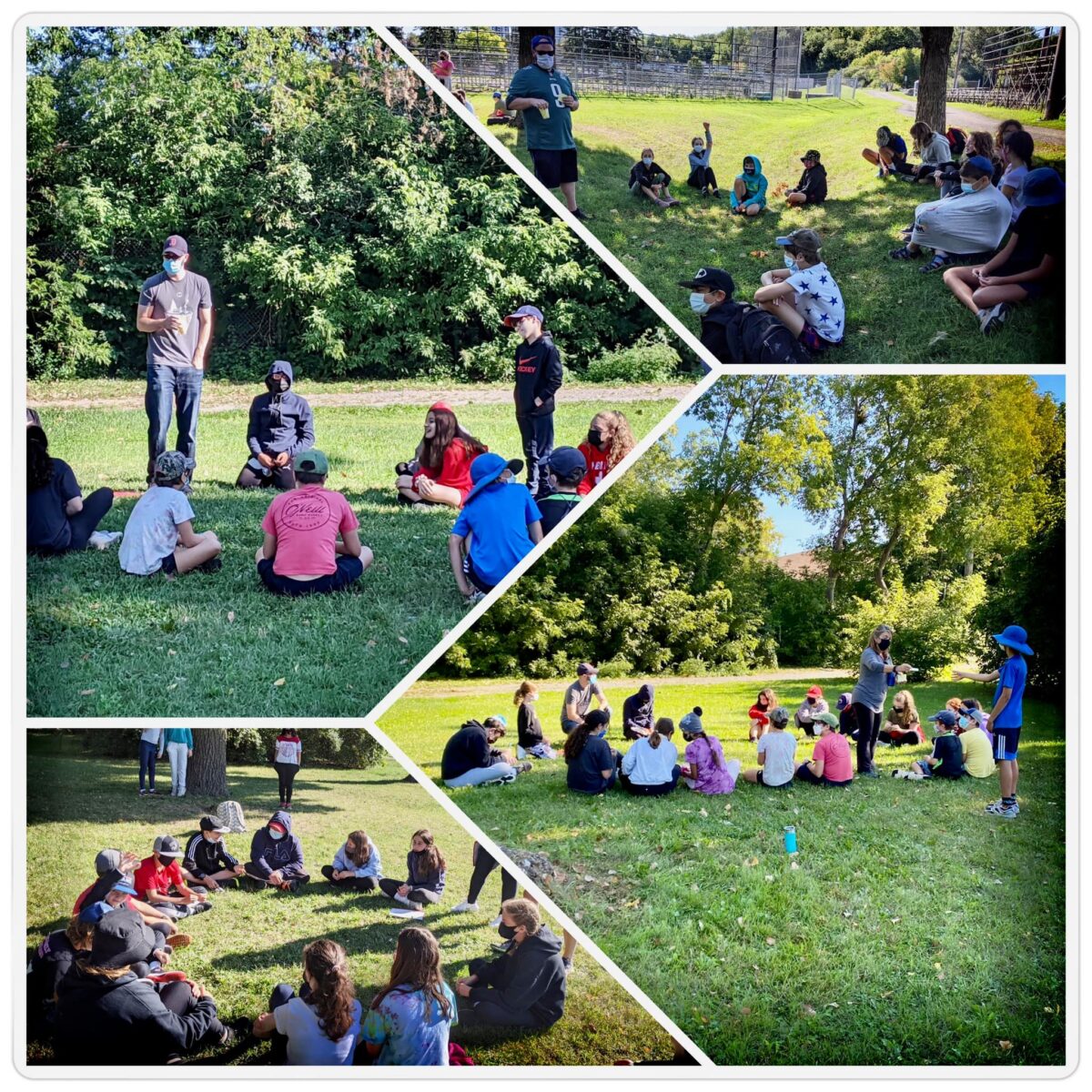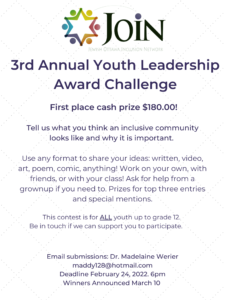February is Jewish Disability Awareness, Acceptance & Inclusion Month (JDAIM) and OJCS is again excited to celebrate and engage its students in meaningful activities and conversations.
“Inclusion” is not simply an issue to discuss once a year, of course, and as part of our formal discussions of how we would celebrate JDAIM this year, we are pleased that teachers from all three faculties (French, Jewish Studies & General Studies) joined with the Spec Ed Department to create a JDAIM Committee to help us take our JDAIM to a new level. The JDAIM Committee presented at our January Faculty Meeting and reminded everyone that:
For teachers, it’s important to always be thinking with a lens of inclusion in order to support and meet the needs of all learners (Shift the Spec Ed Mindset!!).
&
It’s important for our students to be open, understanding, and inclusive to ALL members of our community.
We acknowledge that we are always trying to do better when it comes to issues like “inclusion” but never get all the way there. Because of our school’s personalized learning approach we’d like to say that, sure, “everyone has special needs” but then we focus only on who we presently serve and not who we are-not-yet-able-to and, thus, don’t spend time exploring why. We’d like to say that “every month is about inclusion” but without JDAIM we would miss a critical opportunity each year to reflect, to learn, to grow and to change. We want to acknowledge the daily, weekly, and yearly work that we do to incrementally become better able to meet the needs of current students and to increase the circle of inclusivity. But we also want to use JDAIM each year as a measuring stick and an inspiration – to have our thinking challenged, our minds opened and our hearts stirred. We are blessed to be part of an interconnected Jewish community with partners to lovingly push and support us on our journey.
Here are just a few examples of how we are gearing up to make JDAIM a special month at OJCS…
…this year the JDAIM Committee has opted for a theme. In light of the pending renovation, the theme for JDAIM 2024 is “Physical Space”.
…the JDAIM Committee rolled out a set of “choice boards” for both Lower & Middle Schools, as well as a Padlet to our entire faculty that includes all the links and ideas that have been collected, thus far.
…Brigitte Ruel, our Librarian, has a post on “JDAIM Storytime”.
…we will again participate in Jewish Ottawa Inclusion Network (JOIN)’s “Youth Leadership Award Challenge” with an eye towards not only goosing individual participation but group and class participation as well.
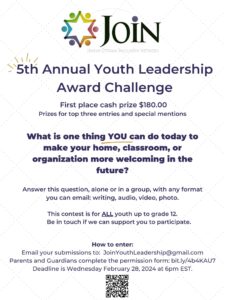
…teachers are invited to work with our School Social Worker, Quinn Rivier-Gatt, to lead a workshop with their students on inclusion, kindness, and diversity.
Classroom blogs and student blogfolios will be a great place to find examples of how OJCS lives JDAIM this year.

It bears mentioning that our ability to meet existing needs is supported thanks to generous supplemental grants from Federation that provide flexible furniture, assistive technology, and diagnostic software to benefit learners of all kind.
This Jewish Disability Awareness & Inclusion Month, let us be reminded that to truly believe that each is made in God’s image requires that we apply the filter of inclusivity whenever possible. The work of becoming more inclusive has no beginning and has no ending. Inclusivity is both a process and a journey, one that OJCS has proudly been on for a while and one that we intend to keep walking with our community into the future.
Ken y’hi ratzon.


